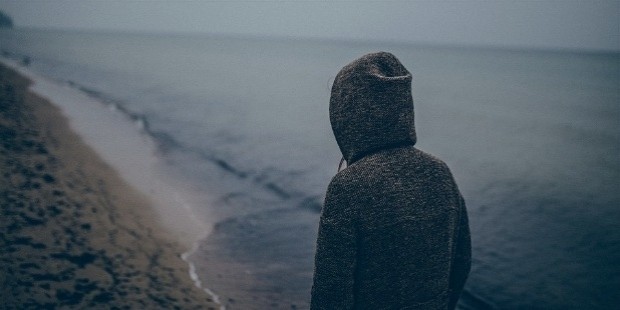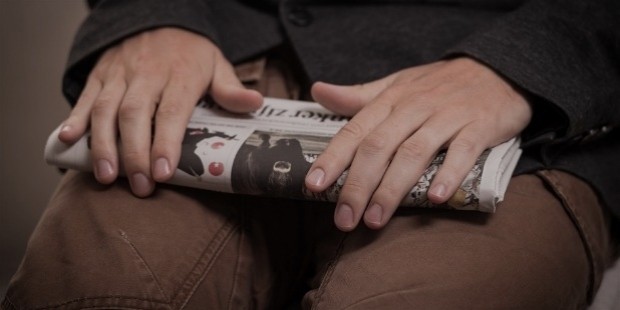Connection vs Rejection

The scourge of today’s modern world is loneliness. People are surrounded by other people and feel alone. This is an indictment on society
The result of constant rejection is we learn to reject ourselves. It becomes a natural process for us. In fact, we set a chain of reaction and indirectly encourage others to reject us because of the way we treat ourselves. The whole procedure of ‘rejection’ begins in our childhood. Our parents’ behavior towards us shapes our opinion of ourselves. So while we may be craving for attention and connection, wanting to belong, we end up behaving in a self-detrimental manner.

We are conditioned to feel in a certain way about ourselves. Our sub-conscience tells us who we are. Our parents, teachers, elders peers, etc all contribute towards the way we feel about ourselves. This is a circle and after all we are products of society.
“We are born geniuses and conditioned to be failures” – Albert Einstein
We are born with all the greatness we will ever need to be successful and happy in this world. Our parents then go to great lengths to condition our state of being. We end up feeling worthless, craving to fit in with others. This is what drives our behaviour from early childhood.
The cool kids are the ones who ‘lead the pack.’ They are powerful; a power gained from being rich and affluent. They are connected, even if it is a shallow based connection. They will deal with any threat that challenges their connectedness and status. This behaviour defines the bullying nature.
We seek to belong and the result is we face rejection. People have learnt to reject themselves so well that rejecting others to save face becomes second nature. Deep down we all crave to be liked and accepted. Part of defining our self-worth comes from our social network. So when we face rejection, we feel alone and worthless. This rejection re-enforces our worthlessness and the negative spiral widens.
Matthew Lieberman, a neuroscientist has written a book titled ‘Social’. His research has revealed that our brains are social brains geared for survival. Part of human survival meant that our brains evolved complex mechanisms for evaluating threats and rewards. We needed to belong to a tribe in order to survive the elements. Our brains are constantly monitoring threats to our survival by evaluating our status and belonging. We need to be connected to serve our social needs. We need to feel like we belong if we are to feel accepted, happy and productive. As social beings we are all about relationship.
Armed with scientific evidence we can now see how important it is for people to be connected. When people face constant rejection from others, they disconnect from the world, feeling isolated in a world full of people. They wage an internal war between the fear of rejection and the desire for connection.

How can we help others and ourselves? It seems simple and yet can be very challenging.
The work starts within. Our focus has to be on self-acceptance. This creates an inner state that empowers us to face vulnerability, expose ourselves and handle rejection. When we feel empowered, we create opportunities for connection versus shutting ourselves away from the world.
We can help others by reaching out and letting them know they are not alone. We can create connections by using our wisdom and love to help others find their own worth. When we connect others to their own self-worth we make the world a better place to live in. We tilt the scales in favour of connection, negating rejection.
The realization that we are worthy beings serves as the starting point for creating more connection. The impact on people’s lives by creating connection cannot be underestimated. People find their self-worth and true value.









